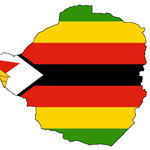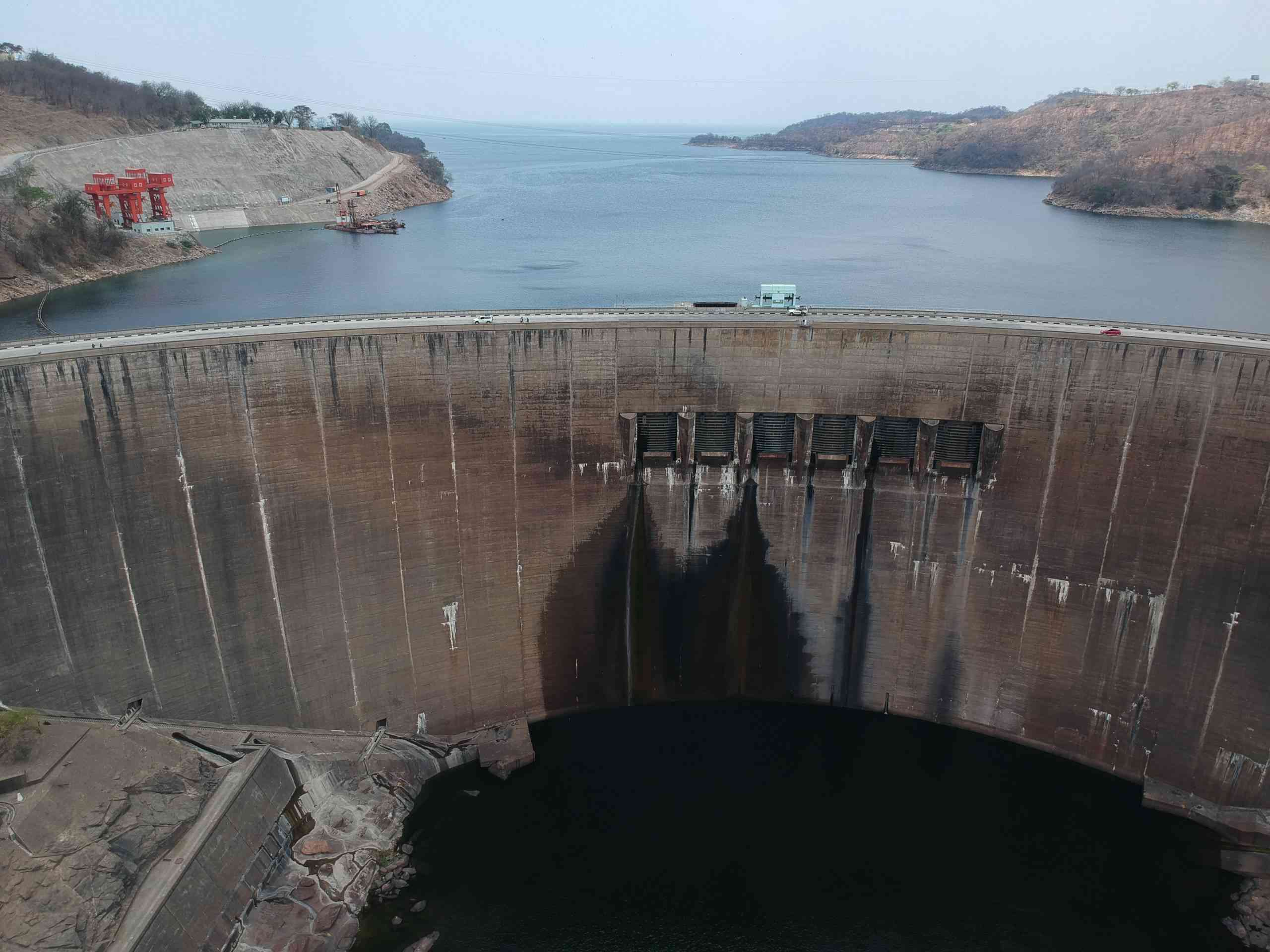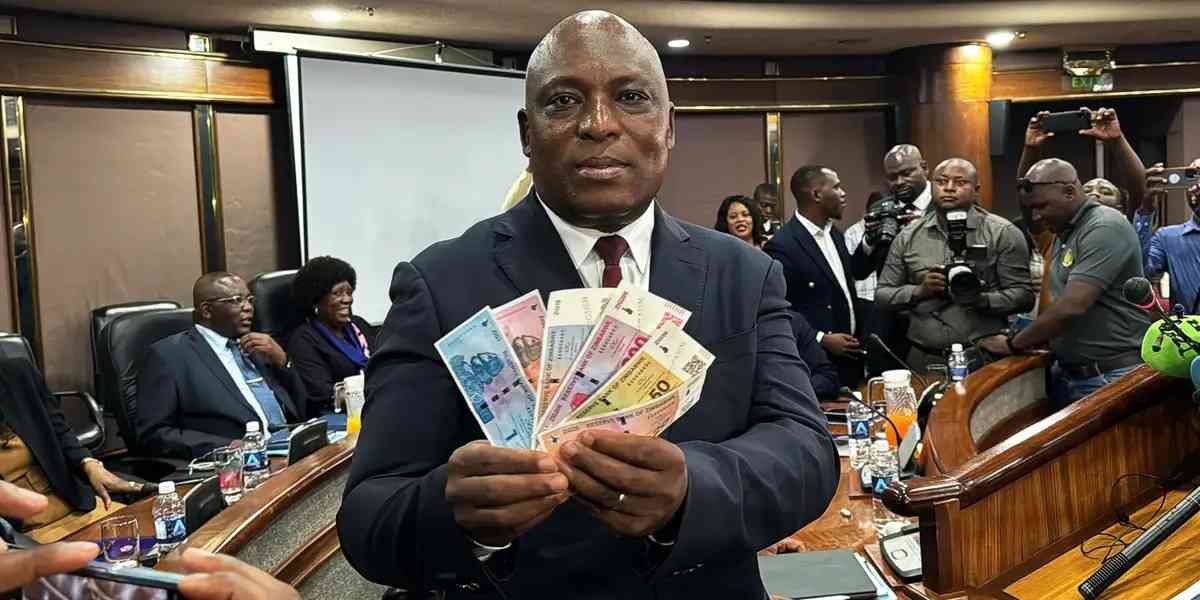
THE indigenisation law needs to be clarified and a publication of some formal government guidance is needed, a report released by the British delegation that visited in the country has revealed.
BUSINESS REPORTER
The delegation came on October 28 for a three-day visit, the first time that the country has received a team from the United Kingdom in over 20 years.
The report showed that the indigenisation law was a continual point of debate and discussion. The law was passed in 2007 and requires that foreign-owned companies worth more than $500 000 sell 51% of their shareholding to locals.
“It was understood as an extension of the land reform that took place in 2000 which would put off naturally international investors. From our discussion with the Zimbabwean government, the implementation of the law is rather more flexible than might have initially been understood. The delegation was advised that the policy is more focused on ensuring local involvement in business than in requiring companies to simply give up 51% of their company,” part of the report reads.
The delegation said the 51% can be formulated by worker shareholding, listing on the Zimbabwe Stock Exchange, community shareholding and local partnership.
During the visit, the delegation held a meeting with Vice-President Joice Mujuru and several government ministries that include Energy and Power Development, Water and Natural Resources, Indigenisation, Transport and Infrastructure, among others.
When the delegation held a Press conference, it indicated its plans to work on infrastructure projects and work with the government economic blueprint Zimbabwe Agenda for Sustainable Socio-Economic Transformation (ZimAsset).
- Chamisa under fire over US$120K donation
- Mavhunga puts DeMbare into Chibuku quarterfinals
- Pension funds bet on Cabora Bassa oilfields
- Councils defy govt fire tender directive
Keep Reading
The Economist Intelligence Unit (EIU) forecast Zimbabwe to grow by 3,2% in 2015 and to have an average growth of 3,4% from 2016 to 2019, figures that are below the country’s potential.
The EIU said Zimbabwe has potential, but requires a conducive political, economic environment which has not been achieved yet despite the progress.
The country is saddled with huge debt that is above $9 billion and massive de-industrialisation and informalisation.
The country also has a poor business climate with the country being ranked 170/189 for ease of Doing Business (World Bank).
The delegation is expected to bring investments in Zimbabwe and fund the ZimAsset that requires close to $30 billion.











